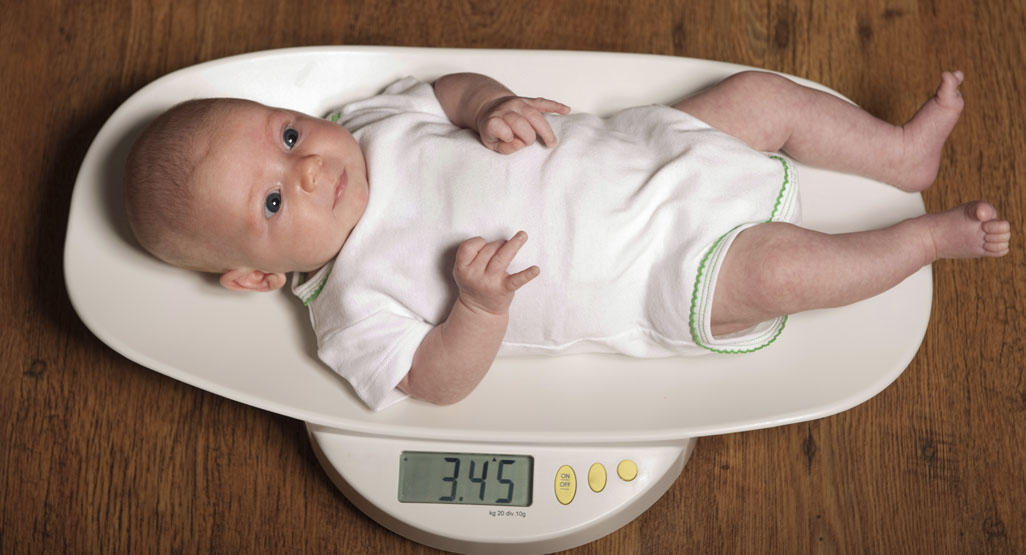How to Help Your Baby Gain Weight?

Whether you are formula-feeding, breastfeeding, or introducing solids, feeding time can be the best time to bond with your little one. But feeding can sometimes be overwhelming, especially when your baby isn’t gaining weight.
If not managed early on, undernutrition could extend to toddlerhood and even during school years. Rather than worrying about weekly weight gain, parents can look at the broader picture.
A baby’s weight should be considered regarding specific age brackets, and a slight drop in weight from one month to the next doesn’t require any attention. The estimated weight gain for babies according to their age is listed below.
- Birth to three months – 175 to 210 gram per week
- Five months – Double the birth weight
- Every month – 400 g of weight until the child’s first year
- One year – Three times the birth weight
- Two years – Four times the birth weight
Remember that this is just a generic chart. Your baby’s pediatrician should assess your child’s weight. Check with your doctor to know if your baby is growing normally.
What to Do if Your Baby Is Underweight

Sometimes babies do not gain weight because of an infection, digestive issues, or food intolerances. It could be a sign of congenital heart disease, though this is rare. Make sure you include healthy and wholesome foods rather than shelf-stable baby food pouches.
Additionally, you need to have a fair amount of protein in your baby’s diet so that the extra calories form muscle mass and not get deposited as fat.
Healthy Weight Gain Foods for Babies and Kids
When helping your child gain weight, you need to keep your child’s nutritional requirements in mind. They need to consume a well-balanced diet that provides healthy calories.
Breast milk, sweet potatoes, pulses (a type of legume), bananas, avocados, oats, pears, dry fruits, and meats are some of the healthy weight gain foods for your baby.
Essential Tips While Feeding Babies Solids
If your baby has started on solids, here are a few tips. Make sure you introduce a new food every week and wait for three days to watch for allergies. Along with first foods, continue breastfeeding/formula-feeding for as long as possible.
It is also good to choose organic baby food that comes without added hormones or antibiotics. As organic foods contain high concentrations of nutrients, they can boost brain power and lower the risk of certain diseases. Be patient and don’t expect immediate weight gain. Give your child some time to adapt to the new diet.
If you’re looking for organic baby food, check out Little Spoon, one of the leading baby food brands in the U.S. They sell fresh and healthy baby blends and boosters at affordable prices. You can order meals online and get them delivered to your door.